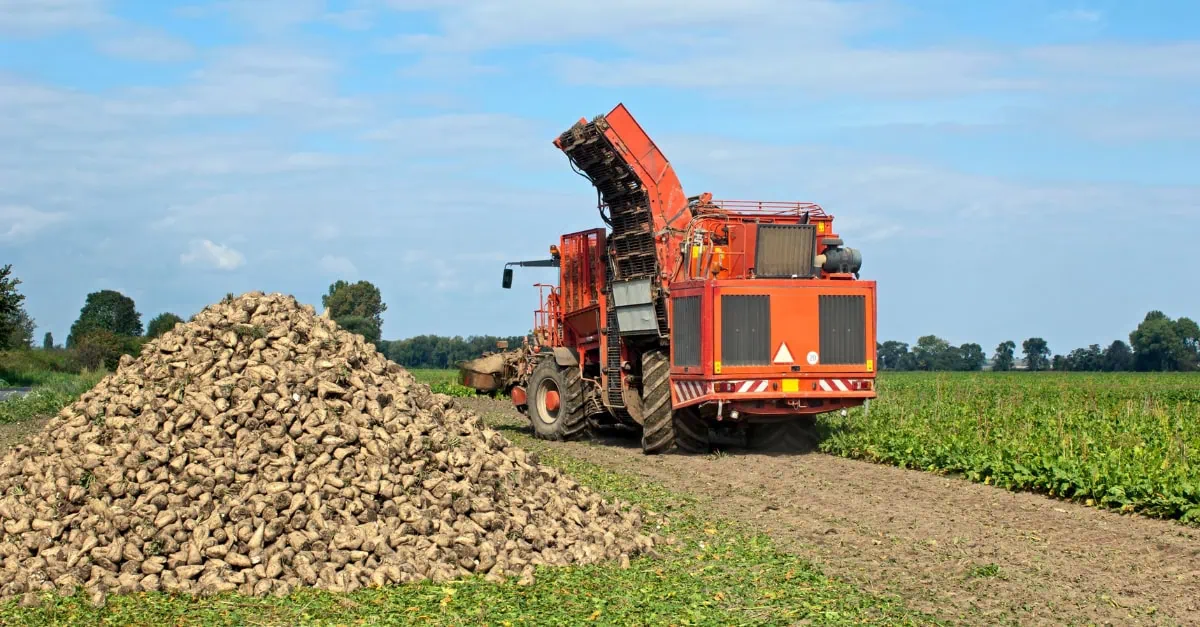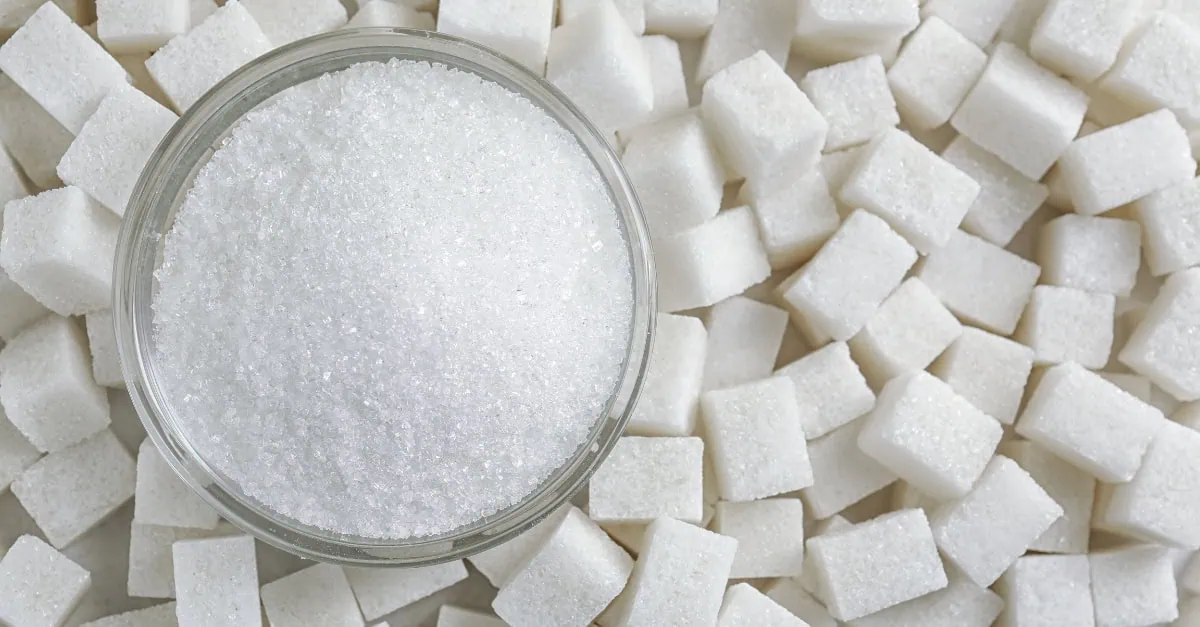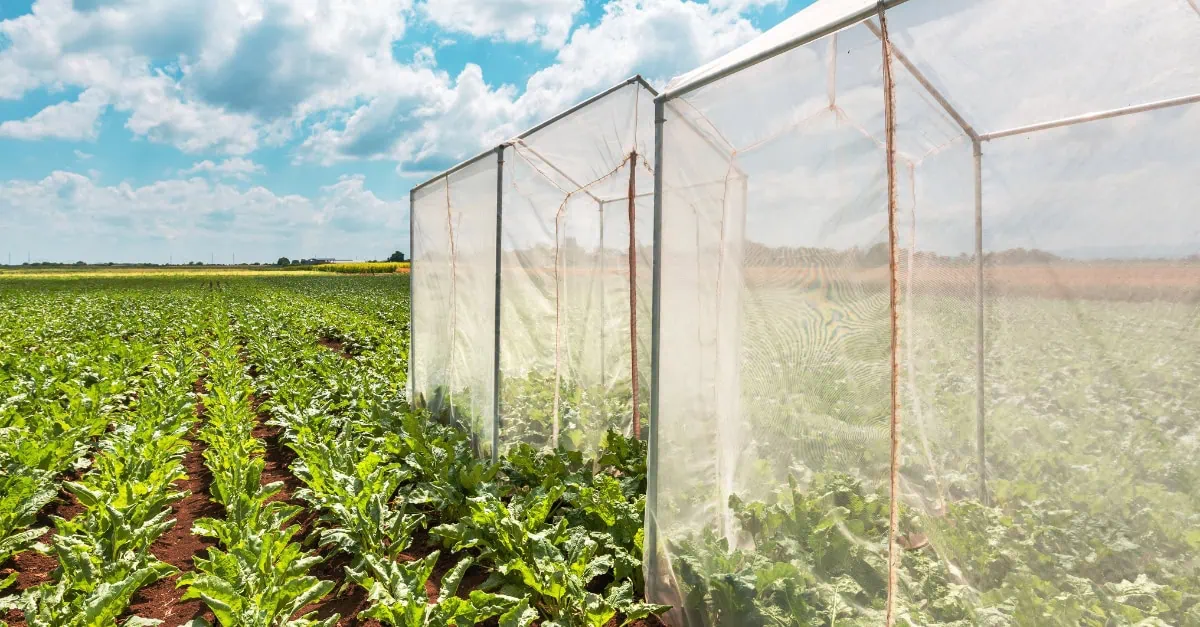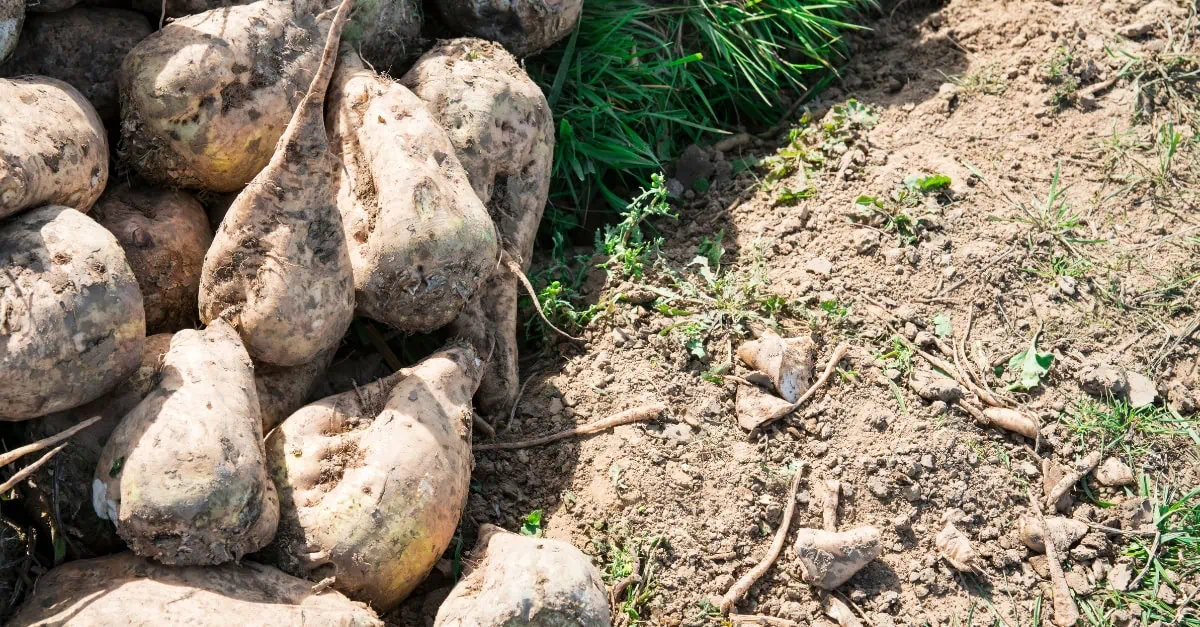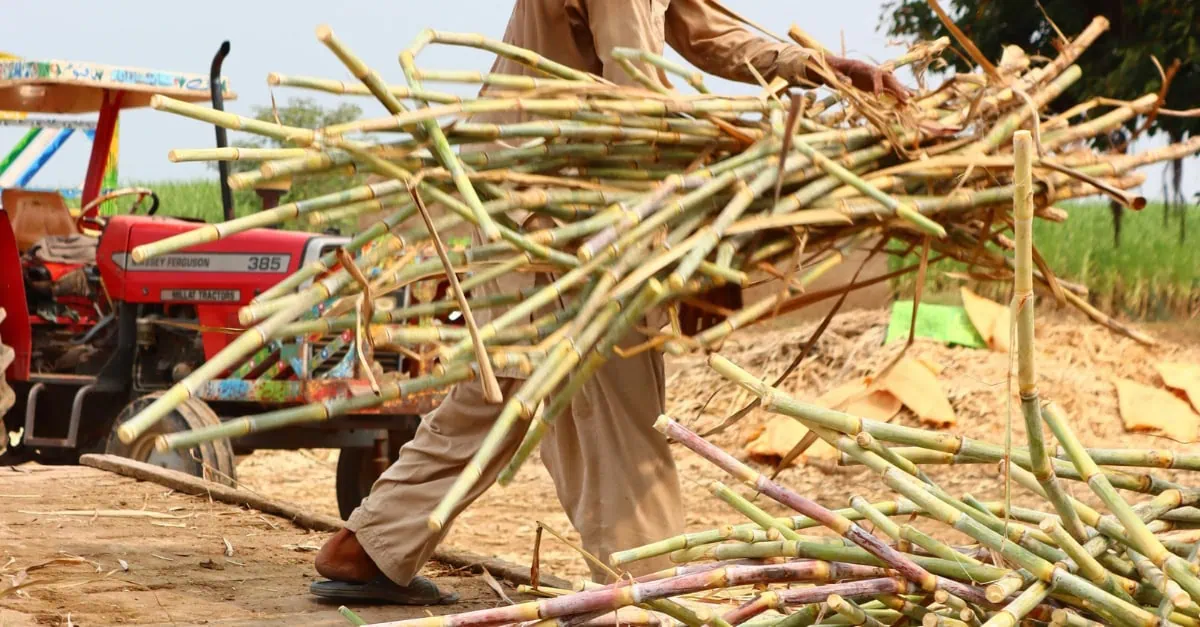The European sugar beet industry faces a growing paradox: Polish farmers have become the highest-compensated growers in Europe while continuing to receive substantial EU subsidies originally designed to support less competitive regions.
According to recent data compiled by Le Bettravier, Polish sugar beet growers received an average of €52.55 per tonne in 2024 when factoring in base payments, Coupled Income Support (CIS), and beet pulp revenues. This places them at the top of European compensation scales, surpassing traditional beet belt producers in Germany, France, and Belgium where payments typically range between €38-45 per tonne.
From struggling industry to world-class production
The disparity raises questions about the continued justification for CIS payments, which were introduced at Poland’s EU accession to compensate industries lacking economies of scale and favorable growing conditions compared to Western European producers.
The situation has changed dramatically since then. Poland now operates world-class processing facilities, while climatic conditions have proven comparable to the rest of Europe. Field productivity has jumped from 40 tonnes per hectare at EU accession to approximately 65-70 tonnes per hectare this year, just 4 tonnes below the EU five-year average. The remaining gap is attributed primarily to field consolidation issues rather than fundamental production disadvantages.
Impact on European sugar markets
The high compensation levels have significant implications for European sugar competitiveness and trade flows. A substantial portion of Polish sugar production is exported to other EU markets, effectively allowing subsidized production to compete with unsubsidized beet belt producers.
For comparison, German growers received between €39.45-47.17 per tonne depending on processor, French farmers earned €38-41.44 per tonne, and Dutch growers received €44.71 per tonne. British Sugar growers obtained €38.78 per tonne at the prevailing exchange rate.
The compensation structure in Poland includes approximately €4.45 per tonne in Coupled Income Support based on average yields of 66.4 tonnes per hectare, plus €3 per tonne for beet pulp that growers retain and market independently.
Questions for EU agricultural policy
The data suggests that Poland has successfully closed the competitiveness gap that originally justified support payments. With world-class factories and near-average yields, the economic rationale for maintaining CIS at current levels becomes less clear.
This situation is particularly relevant as the EU sugar industry faces broader challenges, including pressure to reduce planted area by approximately 3% for the 2026 season and increased competition from free trade agreements that may open European markets to additional imports.
The Polish case highlights tensions in EU agricultural policy between supporting agricultural development and maintaining competitive balance among member states once development goals are achieved.
This article is part of a comprehesive sugar market analysis. For the full sugar market analysis, visit: https://app.vespertool.com/market-analysis/2330
